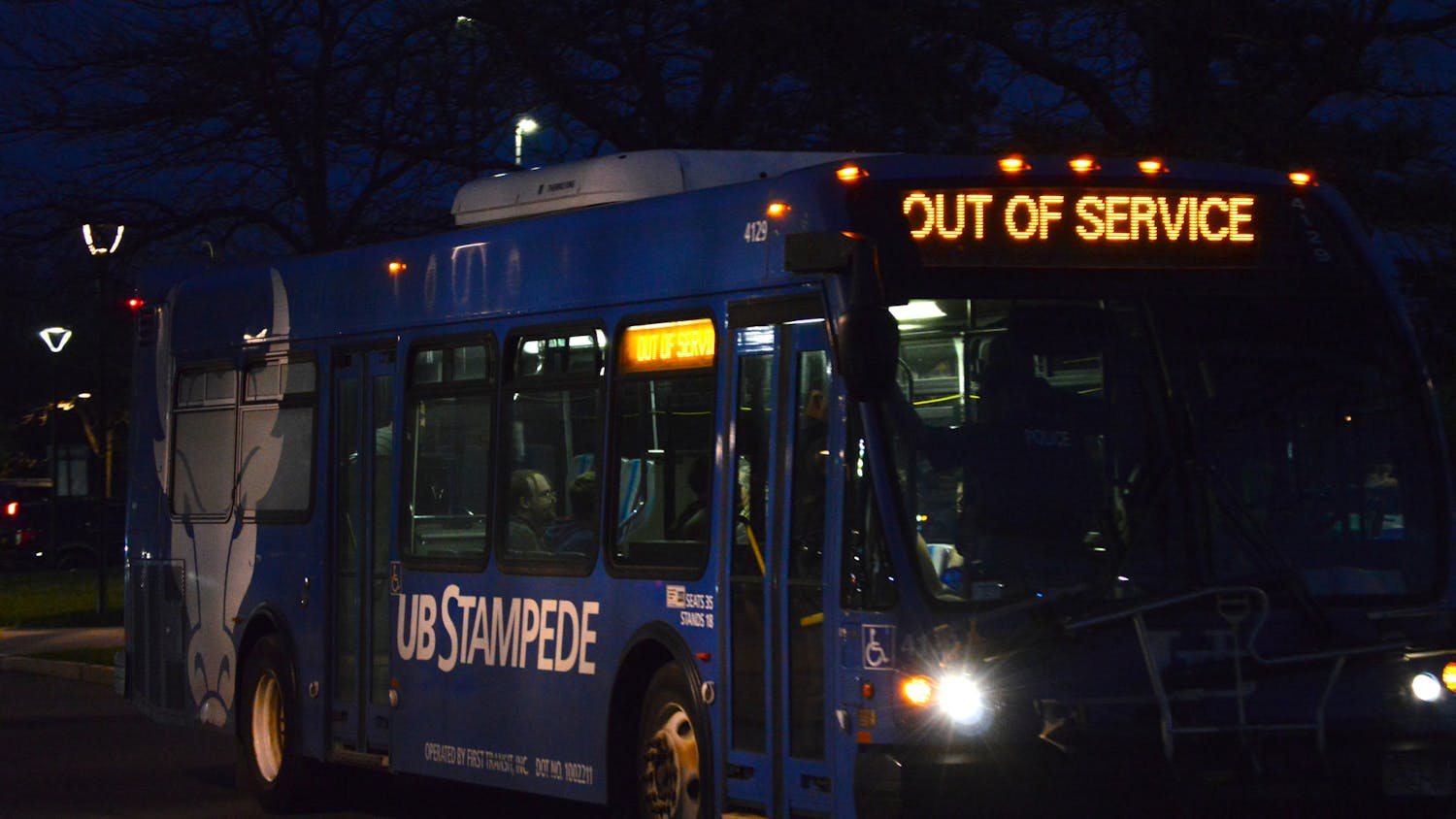It looks like the NFTA's controversial decision to invest $23 million in improving the Niagara Falls International Airport's infrastructure was justified after all. Already, it has begun to pay off, as Monday's cargo development agreement illustrates.
A 20-year contract with Niagara Cargo Port LLC, which is a consortium made up of three international freight-shipping businesses, was signed with the Niagara Falls airport and brings promise of "substantial" cargo being transported through the region. The company will pay at least $24,500 in rent a year to the NFTA, but the volume of cargo moving through the airport each year is the determining factor of what's actually paid. So the more cargo that moves through the airport, the better.
The deal is a great building block for a successful international airport, but by no means ensures the airport's eventual triumph. Because the amount of revenue collected by the NFTA is where the biggest potential for profits will occur, appropriate advertising must be put in place to ensure success within the cargo shipping industry. The airport is strategically placed as a conduit for worldwide shipping; the NFTA must actively promote its capabilities in order to attract more business.
Niagara Falls recently landed third in statewide rankings for the "cities in fiscal distress" report compiled by State Comptroller Alan G. Hevesi, two spots behind Buffalo's "leading" role. A busy airport would increase the tax revenue collected by the struggling city, and the cargo deal will only help Niagara Falls' finances. The airport's renovation funding certainly factored in the cargo deals completion. It looks like the NFTA got something right for a change.
Facing a nuclear reality
Indian protests shouldn't overshadow arrival of a nuclear power
President Bush's three-day visit to India won't find him addressing India's parliament - schedulers took a pass because there was no guarantee he wouldn't be heckled by both parliament and giant crowds that traditionally gather at the Red Fort to hear India's prime minister's passionate independence day speech. Instead, he will speak from the friendly confines of the Delhi zoo, where the caged animals present won't be able to protest with the venom India's populace is expected to display towards Bush.
However, the makeup of Bush's audience shouldn't take away from the importance of his visit, which his aides are rightfully trumpeting as one of the most important undertaken during his presidency. A proposed Indo-U.S. nuclear accord is the centerpiece of Bush's trip, and is vital in securing long-term geo-political interests for the United States.
Bringing India into the world's "official" nuclear club has drawbacks - chief among them being the signal sent to other nations' clandestine efforts at acquiring the bomb. India went about its nuclear bomb-making program illegally, and now, reaching a nuclear accord actually rewards its duplicitous behavior. But denying India's nuclear and economic capabilities is paramount to denying reality, and Bush's pragmatism is the right course of action in this case.
India is an emerging world power, and it's better to have them in accord with U.S. interests, both for strategic and economic purposes, than freelancing in a world increasingly aligned along competing U.S.-China lines. The sooner India is officially brought into the U.S. camp, the better. Allowing India "status-quo" entry ensures partnership between the world's two biggest democracies, and will prove to be the most beneficial policy implementation of Bush's failing presidency.




